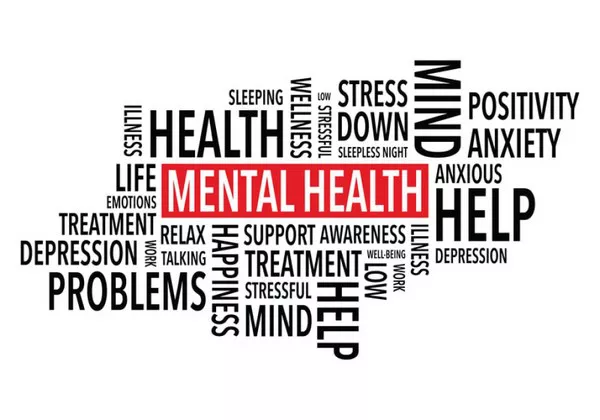A major legal challenge has been filed against the Canadian federal government by the non-profit organization Dying With Dignity Canada (DWDC), seeking to broaden the scope of the country’s euthanasia program to include individuals suffering from mental illness.
Currently, Canada’s Medical Aid in Dying (MAID) program, legalized in June 2016, allows for physician-assisted suicide for those with physical illnesses, diseases, or disabilities. However, mental illness alone does not qualify someone for MAID under the current law. The government has proposed expanding eligibility to include mental illness by March 17, 2027, a deadline that has been postponed from earlier dates due to concerns about the readiness of the health system.
DWDC’s lawsuit argues that the delay in this expansion violates Section 15 of the Canadian Charter of Rights and Freedoms, which mandates equal treatment and non-discrimination. Helen Long, CEO of DWDC, emphasized that individuals with mental illness should have the same rights and access to medical services as those with physical ailments. “Some individuals with a mental illness experience enduring and intolerable suffering,” Long stated, “and that suffering needs to be recognized as equally devastating as physical suffering.”
The move to include mental illness in MAID eligibility has sparked significant debate. The Canadian Conference of Catholic Bishops has strongly opposed the expansion, arguing that it undermines the inherent dignity of human life. They contend that euthanasia could be influenced by factors such as loneliness, poverty, and lack of support, and advocate for providing life-affirming relief and hope rather than ending lives.
Catholic apologist Jimmy Akin has voiced concerns about the potential for abuse and exploitation within the euthanasia program. He suggested that economic factors could drive bureaucracies to push vulnerable individuals toward euthanasia rather than seeking comprehensive solutions. “The idea of killing people because they are experiencing mental problems is filled with potential to exploit the vulnerable,” Akin argued.
There have been reports of individuals being pressured into considering euthanasia. Roger Foley, who suffers from cerebellar ataxia, claimed he was offered euthanasia multiple times by healthcare providers. Christine Gauthier, a Paralympian and veteran, reported being offered euthanasia by Veterans Affairs while seeking funding for a wheelchair ramp.
These personal accounts highlight concerns that the expansion of MAID could lead to vulnerable individuals feeling pressured into ending their lives rather than receiving support and treatment.
The outcome of DWDC’s lawsuit could have profound implications for the future of euthanasia laws in Canada. If successful, it could pave the way for including mental illness as a qualifying condition for physician-assisted suicide. This would further shape the ongoing debate about the balance between individual autonomy and the protection of vulnerable populations within Canada’s healthcare system.

